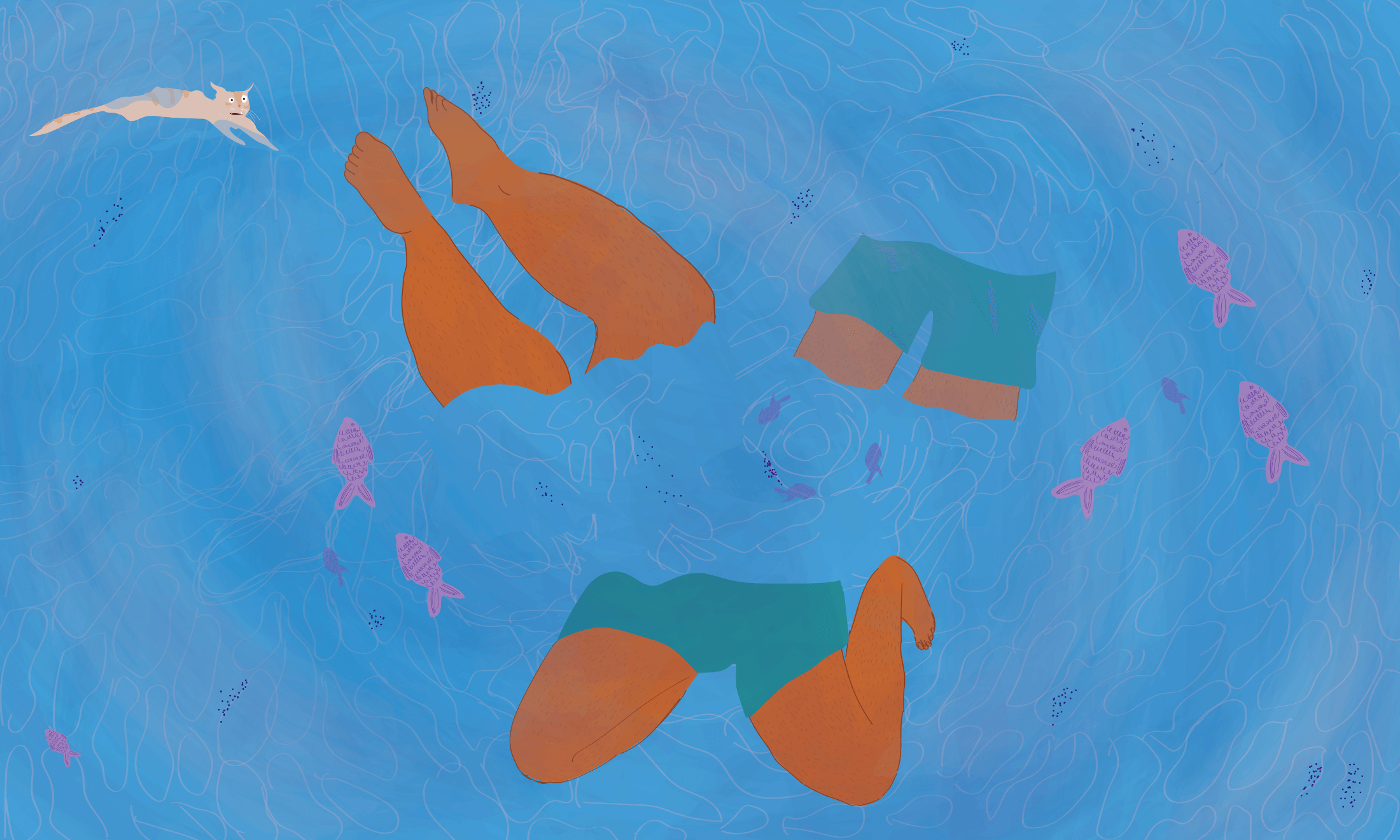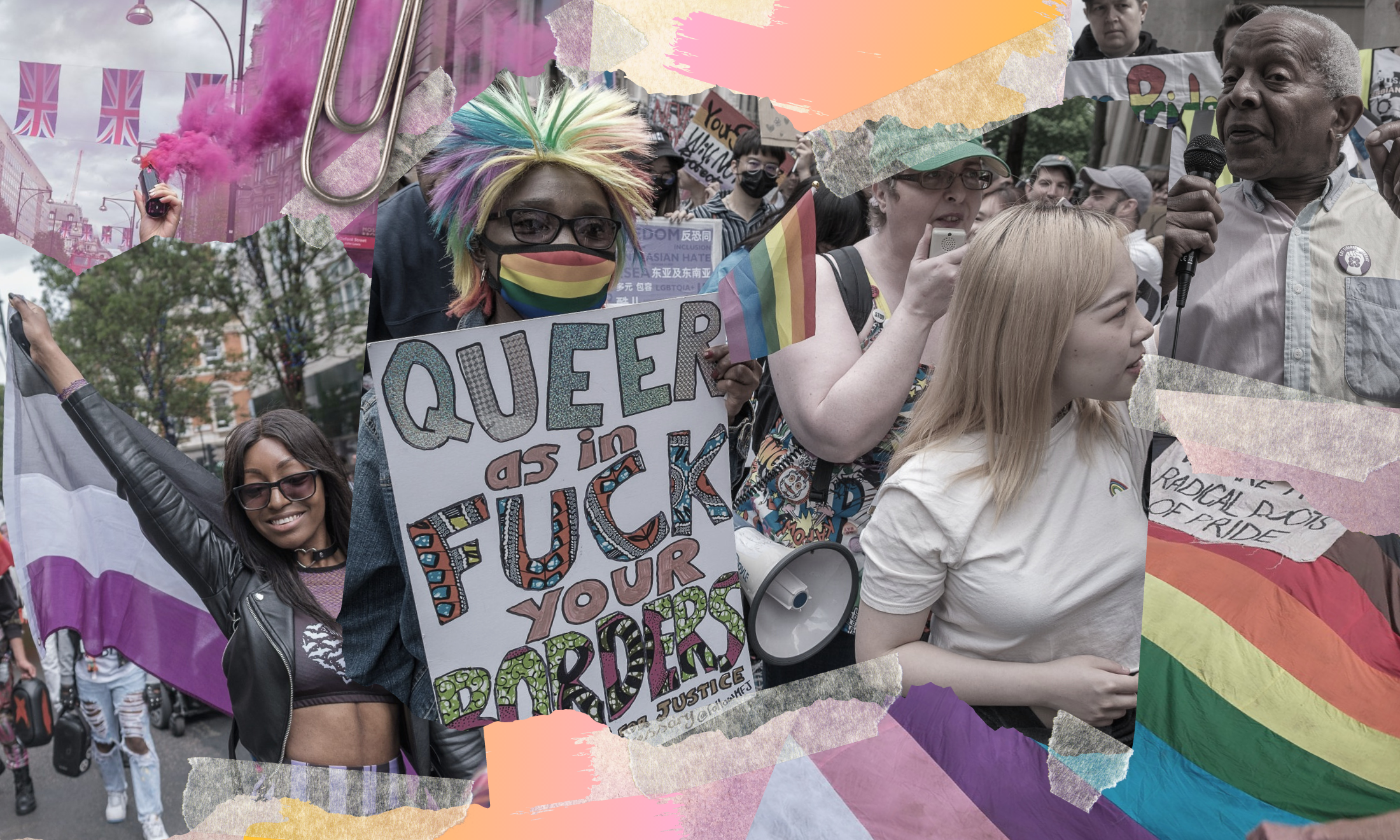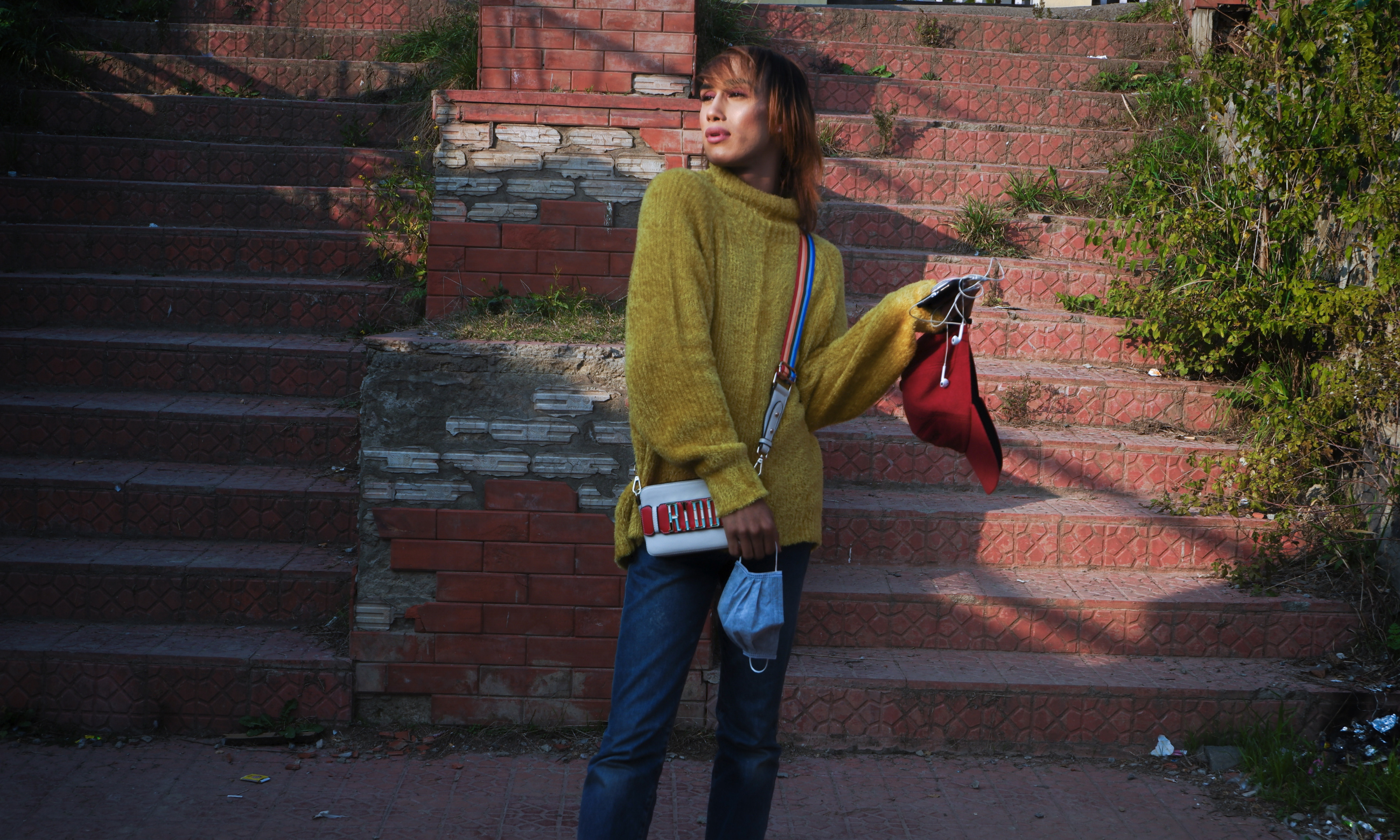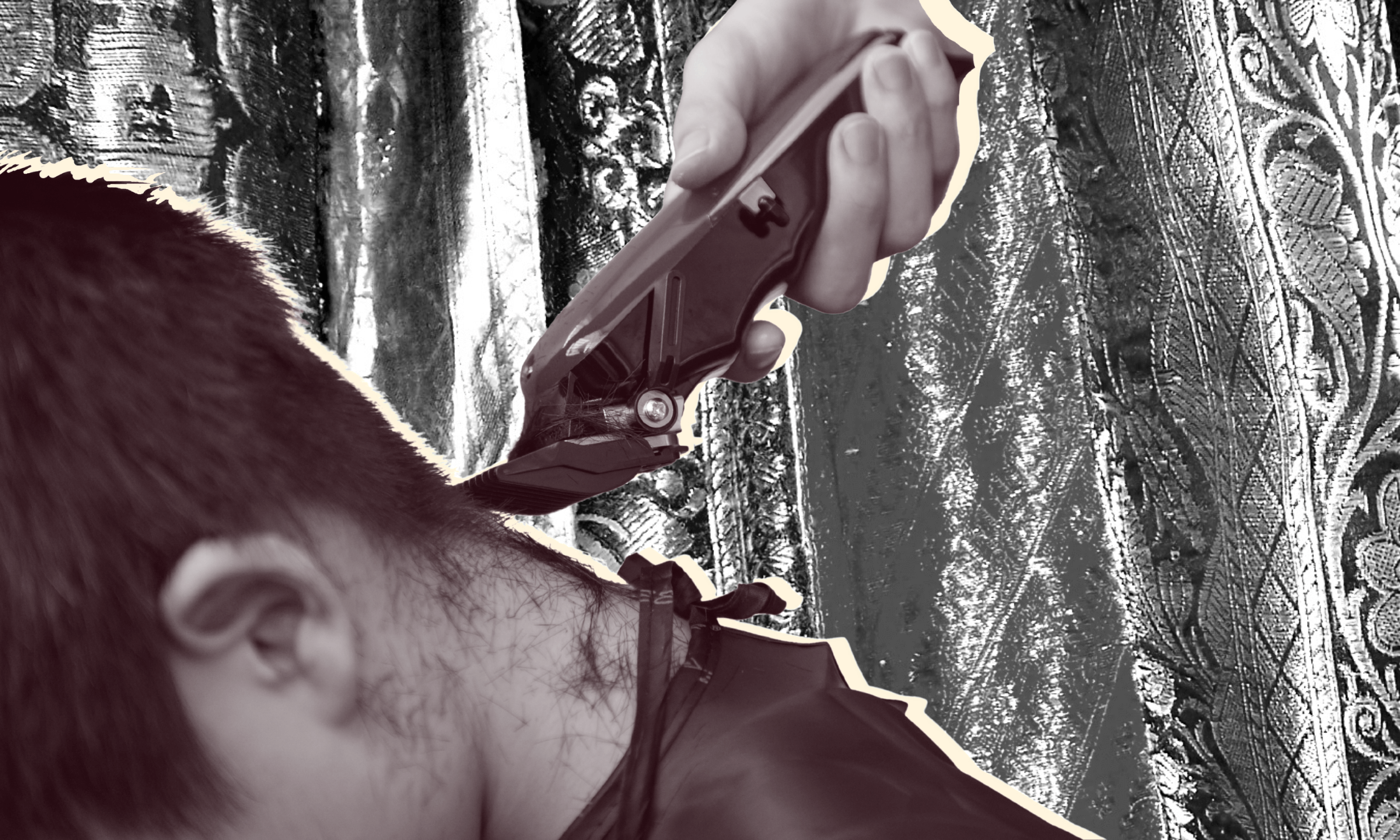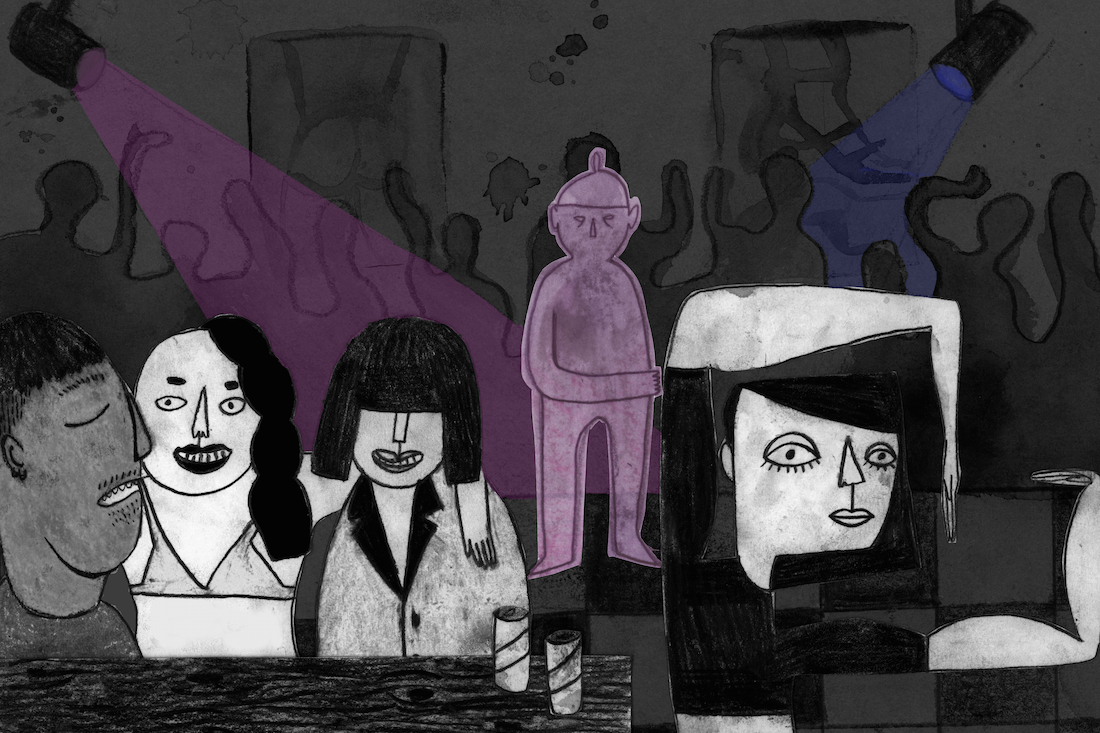
illustration by Beth Madeley
There have been countless studies showing us that rates of mental health issues and sexual violence are significantly higher for bisexual individuals. According to a report from 2017, conducted by an American University, bisexual people are more likely to suffer from mental health problems due to a fostering feeling of loneliness. Despite these countless studies, articles and reports, this remains an ongoing but unsurprising problem. Bisexual visibility is an issue, not just in society at large, but also specifically within the LGBTQI+ community; it seems somewhat inevitable that such an erasure of bisexuality will result in long-term mental health issues. Being part of the LGBTQI+ community comes with its own challenges, but when the B in LGBTQI+ goes unnoticed, it raises a different set of issues that often revolve around visibility.
Out of all the insatiable stereotypes, this idea that bisexual women are up for sex, all the time, with everyone and their mother, is one I’ve found hard to shake off. Somehow, when I tell someone I’m a bisexual girl who is in a same sex relationship, it translates to: I’m a sex crazed, nymphomaniac who really wants to hump everything in sight. I mean really, there are only so many times you can politely reject a guy’s advances, explain to him that you’ve got a girlfriend and then be invited for a threesome. Even just recounting these experiences are exhausting.
“It raises a different set of issues that often revolve around visibility”
Though I make light of situations like these, my experiences are not exclusive. This idea that bisexual women are hypersexual beings is not only boring, but incredibly dangerous. The National Intimate Partner and Sexual Violence survey had reported that on average, bisexual women were 32% more likely to have been a victim of sexual assault than straight women, and 29% more likely than lesbian women. I can’t help but assume that there is a correlation between these harrowing statistics and the ongoing hypersexualisation of bisexual women. This carries through into television and film, where there is this archetype that’s used to portray bisexual women: it’s just a phase; they’re confused, sexed up or simply “open-minded”; trying something new before going back to their ex-boyfriend; or, deeming it as a “bridge” into “evolving” into a lesbian. These all play into the problematic “bi now, gay later” narrative.
Bisexual characters rarely have substance to them – their focal being is their sexuality and that is the problem. Representation in the media is great, but accurate representation is what counts. It is completely counterproductive to issue stereotypes out into the world, that reduce human beings to their sexuality and erase other elements of their identity.
“This hypersexualisation then manifests itself into erasure”
This hypersexualisation then manifests itself into erasure. Because of the stereotypes people are exposed to, bisexuality is often considered an illegitimate sexuality. To many, even to those who are part of the LGBTQI+ community, we don’t exist. At times, it can even feel embarrassing to tell other LGBTQI+ people that you’re bi, because of the existing ideas some have of you. For a long time, I completely avoided going to LGBTQI+ events, because I felt like I didn’t belong, that they’re not for people like me. Going to queer events as a femme presenting woman feels fraudulent. I’ve been accused of liking the attention, or going through a phase, but why should I have to perform my sexuality and live up to the stereotypes to be validated? It is exhausting constantly having your queerness questioned in a discussion that no one else has to deal with.
Not enough room is being made for bisexual people in the LGBTQI+ community, and this can be boiled down to ignorance and a lack of awareness. This is, to an extent, expected from the rest of society. But you’d think there would be a sense of solidarity within the LGBTQI+ community given mutual understanding and commonly shared experiences. Until the LGBTQI+ community’s inherent biphobia is addressed, men and women like myself will forever feel ostracised and unwelcome in spaces that we’re supposed to feel at home at.


